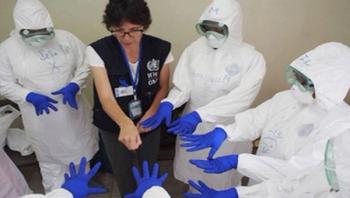
On March 23, 2014, the World Health Organization (WHO) published formal notification of an outbreak of Ebola virus disease in Guinea on its website. On Aug. 8, 2014, WHO declared the epidemic to be a “public health emergency of international concern.”




